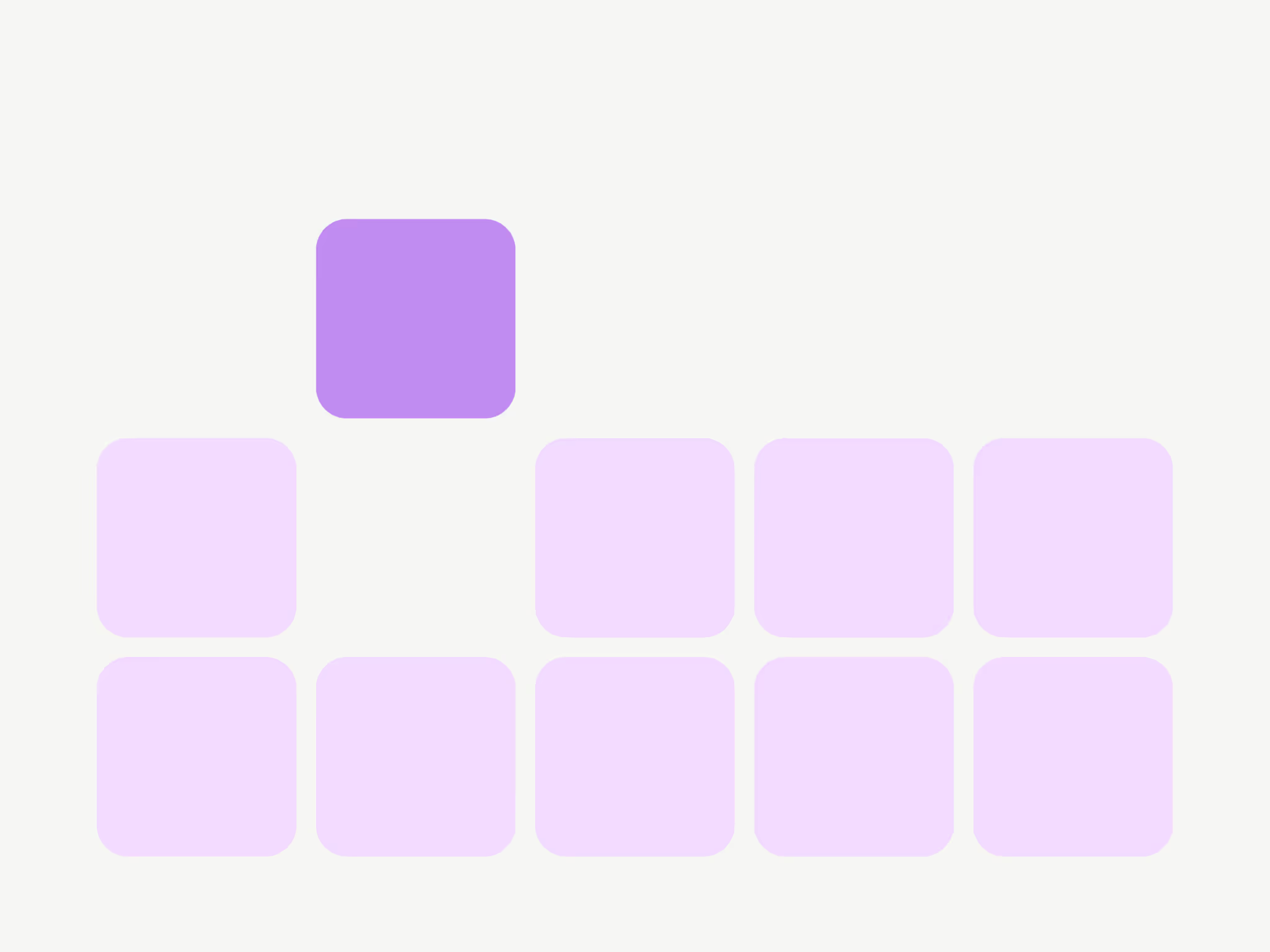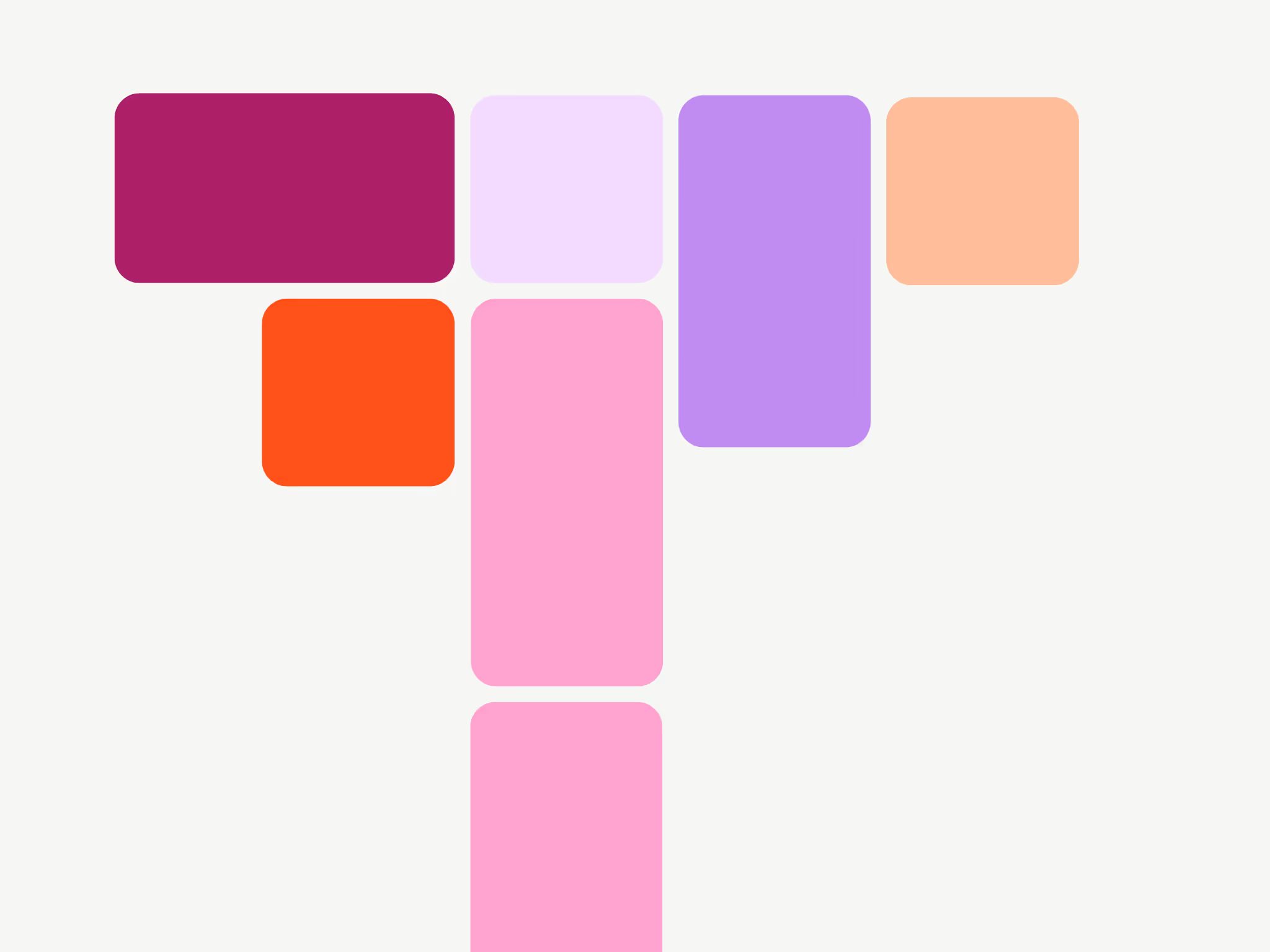How do you really know an influencer is right for your next campaign?
Is it based on their metrics? Does it matter if they’ve done sponsored content in the past? Or is it that special spark in their personality that tells you – this is the one?
I set out to find out exactly what made Instagram influencers qualified for ecommerce brands, and what they were actually checking. I found that:
- You should absolutely be looking at comment sections, previously sponsored content, and competitor content – and depending on what you find, it might be a deal breaker.
- Certain criteria absolutely can disqualify an influencer from partnership (and while deal breakers may vary, they’re pretty easy to spot)
- There’s not a wrong answer for what to prioritize first, but the criteria you choose should respond to your campaigns/goals. I’ll show you how to choose the right criteria.
What should I look at when vetting Instagram influencers?
For brands, there’s a ton of different things to consider when partnering with an influencer. I wanted to know what brands looked at first and foremost.
For most marketers, it was about what influencers had posted most recently.
- Recent content: 62%
- Reels: 20.6%
- Popular content: 10.3%
- Stories: 3.4%
- Other: 3.4%

It’s worth noting that on Instagram, recent content is usually the way the platform organizes a creator’s feed. This might impact the way that influencer marketers consume that content while vetting a creator.
So what should you check first when vetting an influencer?
- Check the most recent content to do a quick vibe check – do this first since it’s easily accessible to you on Instagram.
- Then, checking their popular content is the best way to see what resonates best with their audience. This can be a good first-impression too – as the most popular content will show you what gets their audience’s attention, and what even brings new audience members to their content.
- Finally, move on to the kind of content that matters most to you (for example, if you’re looking for Reels or Stories, go there next). It also gives you a really solid sense of the creator’s content, who they are, and how they present themselves on camera.
However, Instagram doesn’t have a sort by popularity function – so marketers have to get creative. Alycia Lykins just goes by which pieces of content have the highest engagement on a creator’s profile. For Abdullah Khan, the absolute first thing he does is check recent content to see if a creator is active or not.
If you’re searching for influencers with Modash, this is actually quite simple: you can filter out inactive profiles and choose the “last post” filter. From there, you can select influencers who have posted in the last 30 days, 3 months, or 6 months.

(This is also a very simple way to find a creator’s most popular posts or sponsored posts on Instagram)

What is the most important thing I should consider when vetting an influencer?
- Brand fit/values: 44.8%
- Content format: 24.1%
- Personality: 17.2%
- Content subject: 13.7%

Here’s what you should look for:
- Brand fit: If you’re interested in a long term, cohesive partnership, and you want to focus on authenticity. Have you ever seen an influencer that just felt like they were already part of your brand? It just feels natural, right. Focusing on finding that perfect (or almost perfect) brand fit can lead to collaborations that just make sense all around.
- Content format: Maybe you already know that a certain trend or style of video (GRWM, A day in the life of, or “haul” style) performs well for your sponsored content. When you want to build trust – via someone speaking into the camera with confidence, who connects with their audience. Looking at content format is great for focusing on quality, getting the exact kind of content you know works well, and being able to reuse that content that’ll fit seamlessly into several creative briefs.
- Personality: Looking at personality is useful for building trust and focusing on creativity or originality. Personality very well may be part of how you define “brand fit,” too. Maybe you’re looking for someone with high energy, or you prefer someone who is a bit more demure and mindful. Regardless, you’ll want to look at this to find an engaging influencer who interacts with their community, or if you have a particular mood to fit.
- Content subject: When you want your promotional content to fit well into their organic content, and you want that content to be relatable. For example, a makeup brand might do a collaboration with someone who doesn’t usually post makeup-focused content, but their message will be more powerful if they’re known for certain makeup expertise.
Brand fit:
Nearly half of marketers said that brand fit was the most important part of their influencer vetting process on Instagram. For Bakhtawar Shahzaib, it was about creating a partnership that feels natural on both sides.
Megan Wilson offered her thoughts around brand fit and long-term partnership:
That makes perfect sense – an influencer that’s a perfect brand-fit is hard to find. So when you do find that perfect face for your brand, it’s important to foster a great relationship with them and collaborate with them long term.
Content format:
For another quarter of marketers, the format of the content – whether it’s voiceover, an influencer speaking directly to the camera, tutorial or demonstration-focused, etc.
For Tamara Torrecillas, format plays a big part in establishing authenticity.
Focusing on a creator’s content format can also help you secure high-quality content for UGC and repurposing down the line – as is the case for Nacho Selma.
Personality:
Realistically, personality and brand fit tend to go hand-in-hand. Victor Wiśniowski weighed in:
Tamara also mentioned that personality helps her gauge whether or not she can reuse the sponsored content for UGC later.
Content subject:
The last split of marketers opted for content subject as the most important factor when verifying an influencer’s collaboration potential. It’s true – sponsored content you create with an influencer should feel at home in their native content for it to be effective.
For Matheus Ribeiro, this is the biggest factor in determining a creator’s authenticity.
For Joshita Dodani, the question is more about relatability and entertainment value. An ad doesn’t feel like an ad if it’s entertaining, thoughtful, or engaging.
Should I manually review post comments before deciding to work with an influencer?
Results:
- Yes: 89.7%
- No: 10.3%
Comments absolutely matter. When you’re vetting an influencer, take their most recent posts and just scroll through the comments for a few minutes. This will tell you a lot about who they are and who their audience is. Abdullah Khan broke this down really nicely for us:
- Authenticity: Are their comments coming from real people? Or is it bot content? (look for a string of nonsensical emojis or unrelated comments like “nice post”)
- Interaction levels: Does the creator interact with their audience in the comment section? Do they reply, give more context, or engage with their community?
- Content relevancy: Are the comments from their audience overall positive or negative? Do those comments align with the brand values and message? Note: Trolls always exist – so don’t discount an influencer for a few negative comments here and there.
- Relevance: Are there positive comments from past partnerships the influencer has engaged in? How well did other sponsored posts do vis-à-vis the creator’s community?
It doesn’t take long to determine any of those things – usually a quick scroll through the comments will do it.

For Flora Macher, authentic engagement within the comment section was the biggest green flag for her.
Another great thing to look for is who is leaving those comments. While it’s always great to see a solid community (with familiar faces), if the only substantial comments are the same people, that might be something to dig into. Timotej Jerman explained:
Cheyanne Pettyjohn checks a creator’s comments to get a real sense of the community they’ve built.
Should marketers look at previously sponsored content when vetting influencers?
Results:
- Yes: 75.9%
- No: 24.1%

So should you actually look at and consider previously sponsored content when choosing an influencer?
- Yes – if you want to know
- How well sponsored content integrates into a creator’s native content
- How the influencer tells a story, and if their sponsored content is professional
- If the influencer creates sponsored content authentically, and avoids salesy pitches
- How sponsored content engagement holds up compared to their native content
- No – if
- You’re expecting a literal example of whether your sponsored content will perform
- You’re interested in saving as much time as possible
- An influencer’s content quality and numbers seem to check out
Why you’d check previously sponsored content:
For Joshita Dodani, she wants to see how well sponsored content fits into a creator’s normal content. If it’s too out of place, or feels too salesy, that’s a no-go.
For Miroslava Petkova, she’s looking at how authentic and natural the content comes off.
Another great thing you can check for is whether or not the influencer has complied with the legal obligations around sponsored content. This is what Abdullah Khan is checking for:
Looking for authenticity and compliance are helpful – but it’s always nice to see how other brands’ content performed for your creator’s community too. Michael Todner checks for that:
Why you might skip previously sponsored content:
There are a lot of generally great reasons to look into sponsored content, but for some marketers, that can be a distraction. For Dragos Sebastian, there’s not too much of a point to checking what other brands sponsored.
Zia Ur Rehman agrees:
According to Valerija Somi, it’s only really necessary when an influencer’s numbers don’t quite add up.
Finally, for Cheyanne Pettyjohn, checking previously sponsored content could be a waste of time unless it happens to be competitor content.
And we wanted to know more about that too – maybe previously sponsored content wasn’t necessarily relevant for all marketers, but what about if that previously sponsored content came from a competitor?
Is it worth checking to see if an influencer has worked with a competitor?
While a quarter of marketers say they don’t necessarily go through previously sponsored content, they absolutely do check for competitor content. In fact, all but one marketer responded that they do, in fact, check for collaborations with their direct competitors.
More importantly – is that a deal-breaker?
I thought it might be more of a full-stop for a lot of our brands, but to my surprise, the majority of marketers we polled said “not necessarily.”
Results:
- Yes: 13.7%
- No: 62%
- It depends: 24%
In reality – it really will depend on a few factors.
- How recent was the collaboration with your competitor? (and do they have an exclusivity clause in place?)
- How deep was the partnership between a creator and your competitor?
- Does your niche demand exclusivity? (i.e. someone might have several makeup or clothing brands, but one computer or television)
- Can you sell why an influencer has now chosen your brand over the competition?
Working with a competitor isn’t a hard stop for a lot of brands because it might actually be a positive signal that your product is a good fit, according to Cheyanne Pettyjohn.
Noor Ahmed agrees, saying it’s more of a green light for her.
(By the way, this doesn’t mean just copy your competitors. While that might be a tempting shortcut, it’s important to make sure the audience is there for you. If the influencer worked with a competitor, but they don’t make sense for you, don’t copy the competition’s mistakes.)
If an influencer has worked briefly with your competitor, or some time has passed – usually it’s okay to start a conversation. However, if they’re an official partner, affiliate, or have a long-term collaboration in place, this might damage not only their authenticity, but yours as well.
For Nacho Selma, it’s important to let some time pass if they have worked with a competitor.
For Michael Todner, that’s why he’d skip on an influencer:
Nicole Ampo agrees:
For some niches, an influencer working with a competitor is expected. I don’t know a single person who wears makeup exclusively from one brand, or wears clothing only from one solitary store. However, there’s little need for duplicates of things like headsets, computer mice, or furniture – with large-ticket items. So if you’re going to work with an influencer who is switching from a competitor, it’s important to create the story around how your influencer prefers your product today.
But if working with a competitor isn’t a deal-breaker, what is?
What would disqualify an influencer from collaboration?
According to the marketers we polled, there were some clear red flags that would prevent them from working with a particular influencer in most situations (depending on what you want, your mileage may vary).
- Inactivity
- Low-quality content/ no Reels
- Fake followers, bot comments, and inauthentic content
- Too high a ratio of sponsored content to native content
- Politics
- 18+ content (nudity, vulgar language, smoking, drinking, drug use, etc.)
- Offensive content (racism, sexism, homophobia, transphobia, hate speech, etc.)
- Lack of transparency or poor communication
.avif)
Usually, a quick scan through their most recent posts and their comments will help you spot most of these relatively quickly. For Cheyanne Pettyjohn, she sees a lot of fake followers and comments – which are clear red flags for her.
For other criteria, you might have to do some digging.
Searching for offensive content, you can check out their most popular content and see if the comments pass the vibe check. Are the commenters saying discriminatory or inflammatory things that imply that these kinds of comments are normal/okay? Granted, you might always have a few trolls, depending on the influencer’s size and whether or not they are part of a marginalized community. What’s most important is how the creator responds to content like that.
If an influencer has a larger following, you might even be able to google “[handle] + controversy/sexism/racism/etc.” When a larger creator is embroiled in controversy, typically, someone has written about it somewhere – even in a forum or subreddit. One marketer said:
I look to see if they're not family-friendly or brand-safe – meaning, if an influencer constantly curses in their videos, promotes gambling and the likes.
For poor communication, you might be able to glean this from the content they create, their captions, and their own comments. Do they write clearly? Is it easy to understand them? Otherwise, this might be something you find out only after you contact the influencer in question – but personally, I think the way they communicate with you (or not) in negotiation is part of the vetting process too.
Want to dive deeper? Check out 7 Red Flags to Watch Out for Before You Sign an Influencer Contract.
Key Takeaways
It’s not always easy to know if an influencer is right for your campaign or brand. Influencer marketers can usually get the process down to a science once they know exactly what they’re looking for.
But those criteria can fluctuate from creator to creator, and campaign to campaign.
Remembering the following advice from the experts can help you vet influencers quickly on Instagram, and get your campaigns rolling out faster.
- What to prioritize:
- If you’re interested in a long-term relationship with an influencer, prioritize brand fit.
- If it’s about building trust and focusing on quality, pay attention to the format of their content.
- For brands looking for creativity and originality, an influencer’s personality will be your top priority.
- If you’re looking for promotional content that fits seamlessly into their organic content, check their content for similar themes to what you want.
- Which content to check first:
- Looking at recent content can help you get a sense of who the creator is and what their content is like today.
- Reels can give you a glimpse into their personality, and their most popular content will show you what resonates with their audience.
- What to check in the comment section:
- Authenticity of the comments: if they’re a bunch of emojis, or soulless posts like “nice post hun,” they’re probably bots.
- Comment content: Look for overwhelmingly negative comments – something the influencer said or did may have struck a chord with their audience. Trolls do exist, but you can usually tell the difference between angry community members and trolls.
- Interaction levels: the influencer should be engaging with their audience in the comments, there should be a back and forth.
- Content relevancy: look for real opinions, stories, and comments relevant to the content at hand. This is especially important for previously sponsored content.
- What to look for in previously sponsored content:
- How well the influencer integrates sponsored content into their native content.
- The influencer’s storytelling ability, and whether the sponsored content is professional.
- The authenticity the influencer conveys during sponsored content posts, and if it’s believable.
- Whether the content quality and engagement rates check out for sponsored content (and how it performs compared to their native content).
- Check to see if the creator has worked with a competitor:
- It might be a deal-breaker if the collaboration was too recent, too deep a partnership, or if it doesn’t make sense based on niche-exclusivity.
- It can be a great way to see how their audience would respond to sponsored content from you.
- How to quickly find out if an influencer has committed any deal-breakers:
- A quick scan of their content: see if a creator is inactive, produces low-quality content or the wrong kind of content. Check for an imbalance between sponsored and native content.
- Check their comments for: bot activity, fake followers, and inauthentic comments or content.
- If your influencer is big enough, Google them to see if anything controversial pops up. Check comments for overwhelming racism, sexism, homophobia, transphobia, or other discrimination – and how the influencer reacts to comments like that.
And for the quickest way to vet new influencers on Instagram, there’s always Modash’s discovery platform, which helps you find influencers and get deep analytics on their profiles in two clicks.
But don’t take my word for it – try it yourself completely free.


.avif)






















